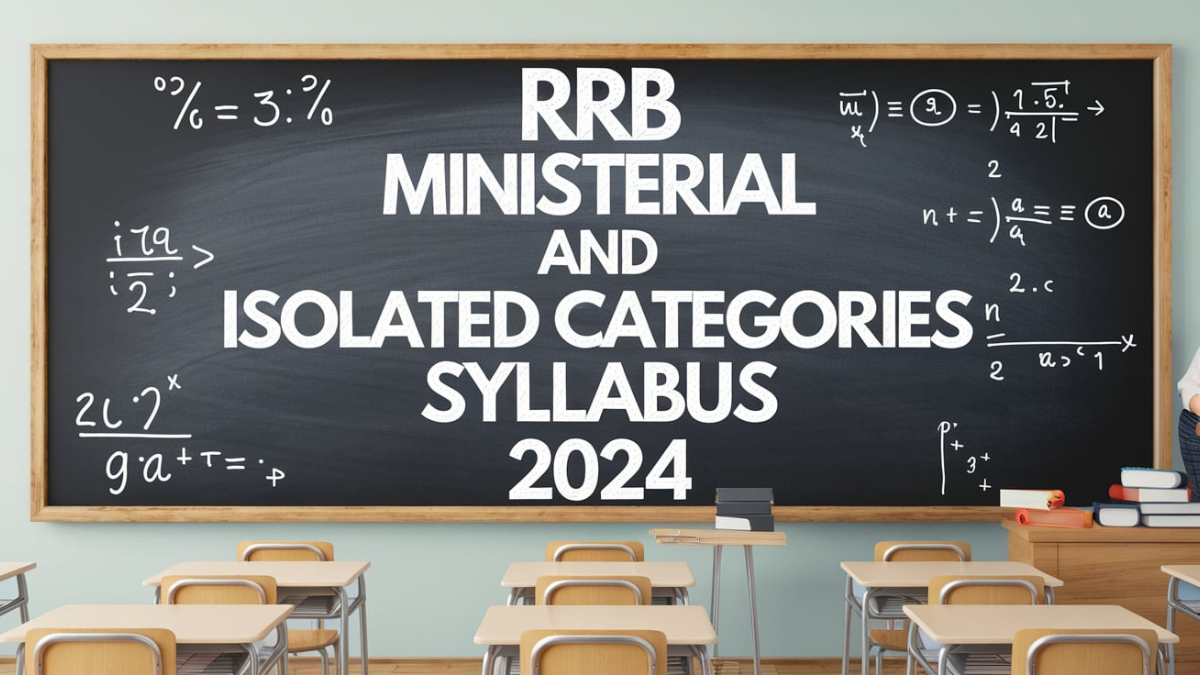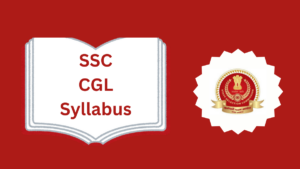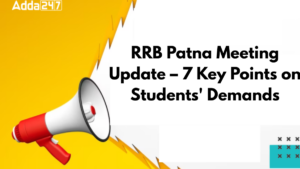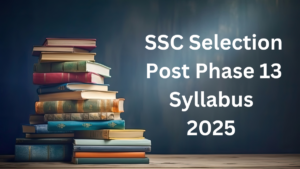Table of Contents
The RRB Ministerial and Isolated Categories Syllabus 2024 is essential for candidates preparing for various posts under the Railway Recruitment Board (RRB). These categories include positions such as Junior Stenographer, Junior Translator, Chief Law Assistant, and others. To secure a good score, it is important to understand the detailed syllabus and exam pattern. This article provides a comprehensive overview of the syllabus, along with preparation tips to help candidates succeed.
RRB Ministerial and Isolated Categories Syllabus 2024
The RRB conducts the Ministerial and Isolated Categories exam to recruit candidates for specific job roles in Indian Railways. The selection process includes a Single Stage CBT, Stenography Skill Test, Performance Test/Teaching Skill Test, Translation Test (as applicable) and DV/Medical Examination. Candidates must thoroughly prepare for the written exam, as it is the first stage of the recruitment process.
RRB Ministerial and Isolated Categories Section wise Syllabus
The RRB Ministerial and Isolated Categories Syllabus covers a variety of topics under General Awareness, General Intelligence & Reasoning, and Professional Knowledge, depending on the post. Below is a detailed breakdown of the syllabus:
General Awareness: This section aims to test the candidate’s knowledge of current events and general knowledge. Key topics include:
- Knowledge of Current Affairs
- Indian Geography
- Culture and History of India including freedom movement
- Indian Polity and Constitution
- Indian Economy
- Environmental issues concerning India and the World
- Sports
- General scientific and technological developments etc
Mathematics: This section assesses basic mathematical aptitude and problem-solving skills.
- Number Systems
- BODMAS,
- Decimals
- Fractions
- LCM and HCF
- Ratio and Proportions
- Percentage
- Mensuration
- Time and Work
- Time and Distance
- Simple and Compound Interest
- Profit and Loss
- Algebra
- Geometry and Trigonometry
- Elementary Statistics
- Square Root
- Age Calculations
- Calendar & Clock
- Pipes & Cistern.
General Intelligence and Reasoning: This section evaluates the candidate’s logical reasoning and problem-solving abilities. The topics include:
- Analogies
- Alphabetical and Number Series
- Coding and Decoding
- Mathematical Operations
- Relationships
- Syllogism
- Jumbling
- Venn Diagram
- Data Interpretation and Sufficiency
- Conclusions and Decision Making
- Similarities and Differences
- Analytical Reasoning
- Classification
- Directions
- Statement- Arguments and Assumptions etc.
General Science: This section is based on the Class 10 CBSE curriculum and covers basic scientific concepts.
- Physics: Motion, Force, Energy, Electricity
- Chemistry: Matter, Reactions, Periodic Table
- Biology: Human Body, Plants, Animals, Ecology
RRB Ministerial and Isolated Categories Exam Pattern
This exam pattern is for all posts except for the Junior Stenographer (Hindi & English) posts. The number of questions and marks for each section are as follows:
| Subject | Number of Questions | Marks Allotted |
|---|---|---|
| Professional Ability | 50 | 50 |
| General Awareness | 15 | 15 |
| General Intelligence and Reasoning | 15 | 15 |
| Mathematics | 10 | 10 |
| General Science | 10 | 10 |
| Total | 100 | 100 |
- Each question is worth 1 mark.
- Negative marking: 1/3 of a mark will be deducted for each wrong answer.
For Junior Stenographer: The exam has two parts: General Awareness (50 questions, 100 marks, 90 minutes) and Hindi/English Language (50 questions, 100 marks, 90 minutes). Both parts are compulsory. After the exam, top candidates will take a Shorthand Test. The speed is 80 words per minute for 10 minutes, with 50 minutes for English transcription and 65 minutes for Hindi. The test will be on a computer without spell-check, and Hindi candidates will use KrutiDev or Mangal fonts.
For PGTs, TGTs, PTIs, and PRTs, recruitment includes a translation test (60% qualifying mark) and a Performance Test (PT) and Teaching Skill Test (TST). The weightage for PGT/TGT/PRT is 60% written test, 25% performance, and 15% skill test. The skill test evaluates teaching ability, subject knowledge, and communication, while the performance test judges music, dance, or art skills. Both tests may be video-recorded.
For Junior Translator (Hindi), there will be a CBT followed by a translation test. The CBT tests both English and Hindi language skills, with 50% on language proficiency and the rest on general knowledge, arithmetic, and computers. The merit list is based on CBT scores, and candidates must score 60% in the translation test to qualify.




 SSC CGL Syllabus 2025 for Tier 1 and Tie...
SSC CGL Syllabus 2025 for Tier 1 and Tie...
 RRB Patna Meeting Update – 7 Key Points ...
RRB Patna Meeting Update – 7 Key Points ...
 SSC Selection Post Phase 13 Syllabus 202...
SSC Selection Post Phase 13 Syllabus 202...


